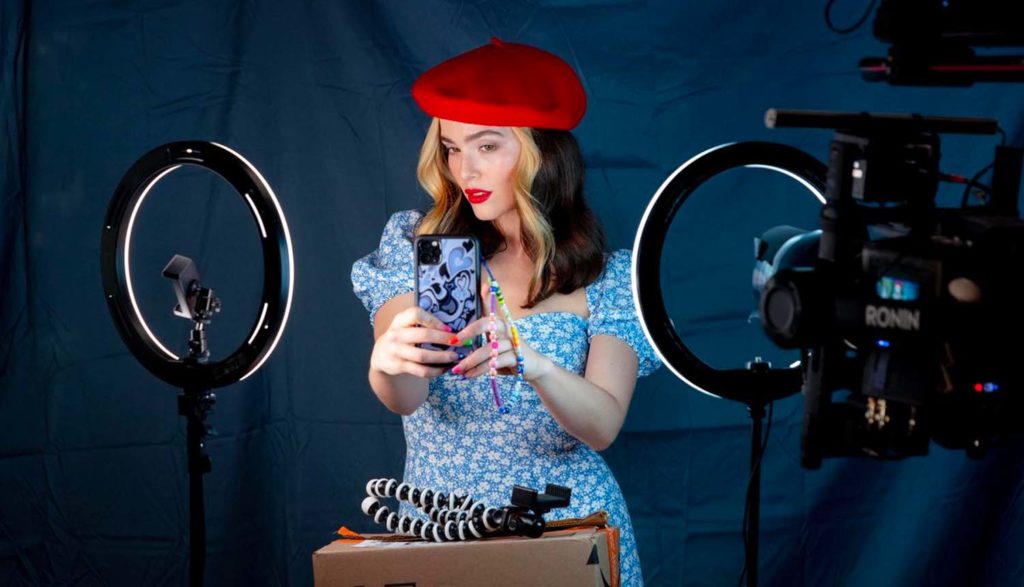“Have you ever wanted to be noticed so badly that you didn’t even care what it was for?” asks Danni Sanders in the R-rated Not Okay.
Danni did. In fact, her desire to be noticed was so bad that she faked a trip to Paris to impress a guy. Only that same week, terrorist attacks besot the City of Lights. And rather than admit she had Photoshopped pictures for Instagram to make it appear that she was in France, she went along with it, manipulating the situation to gain fame.
Of course, she couldn’t keep up the fake persona of “bombing survivor” for long. And when it all came crashing down, Danni realized something important: she didn’t even like the person she was pretending to be.
We all know someone who’s done it. Maybe we’ve even done it ourselves: You stretch the truth on your dating profile to get more desirable matches; you carefully write, then rewrite every post to get the wording just right so you sound brilliant; you require photo approval before you let your friend upload the pics from last weekend. We stretch the truth. We exaggerate.
It’s all part of creating this online version of ourselves who’s smarter, better-looking, more talented and more interesting than who we really are.
And it must stop.
Have you ever wondered why teens create Finstas (fake Instagram accounts) to begin with? Obviously, it’s a method of making sure that parents don’t see certain pictures—usually because what they’re doing in those pictures would surely get them grounded for life. But why do teens feel the need to post images of themselves doing those things to begin with?
It all comes down to the online persona. We want to feel and appear “cool,” pretty, intelligent, fun, etc. We want to be noticed.
But when we do this—when we try so hard to portray a version of ourselves online that isn’t true to who we are—is it actually worth it?
I recently wrote a post about how I deleted my Instagram account. But what I didn’t mention was how I spent a year doing exactly what I just described above. I edited every picture before it went up. I carefully worded the captions to make myself sound clever. I created an online alter ego that only displayed my best qualities. And it was exhausting.
I didn’t even really like the person I was portraying because that person wasn’t me. She looked like me, talked like me and even had some of the same interests. But at the end of the day, she was perfect, and I was not. And sometimes—most of the time, in fact—we just need to stop trying so hard and allow the world to see us for the flawed human beings we really are.
As social media users, we need to remember what social media was originally meant to do: To connect with friends. But real friends are people who know the real you. If they’re connecting with a fake you, then are they friends at all?
And as moms and dads help guide their kids through social media, they should remember to help their sons and daughters accept and embrace themselves—quirks and imperfections and all. Sure, we’re all works in progress, and kids especially so. But God doesn’t want us to be Insta-perfect. He wants us to be … us.







Recent Comments